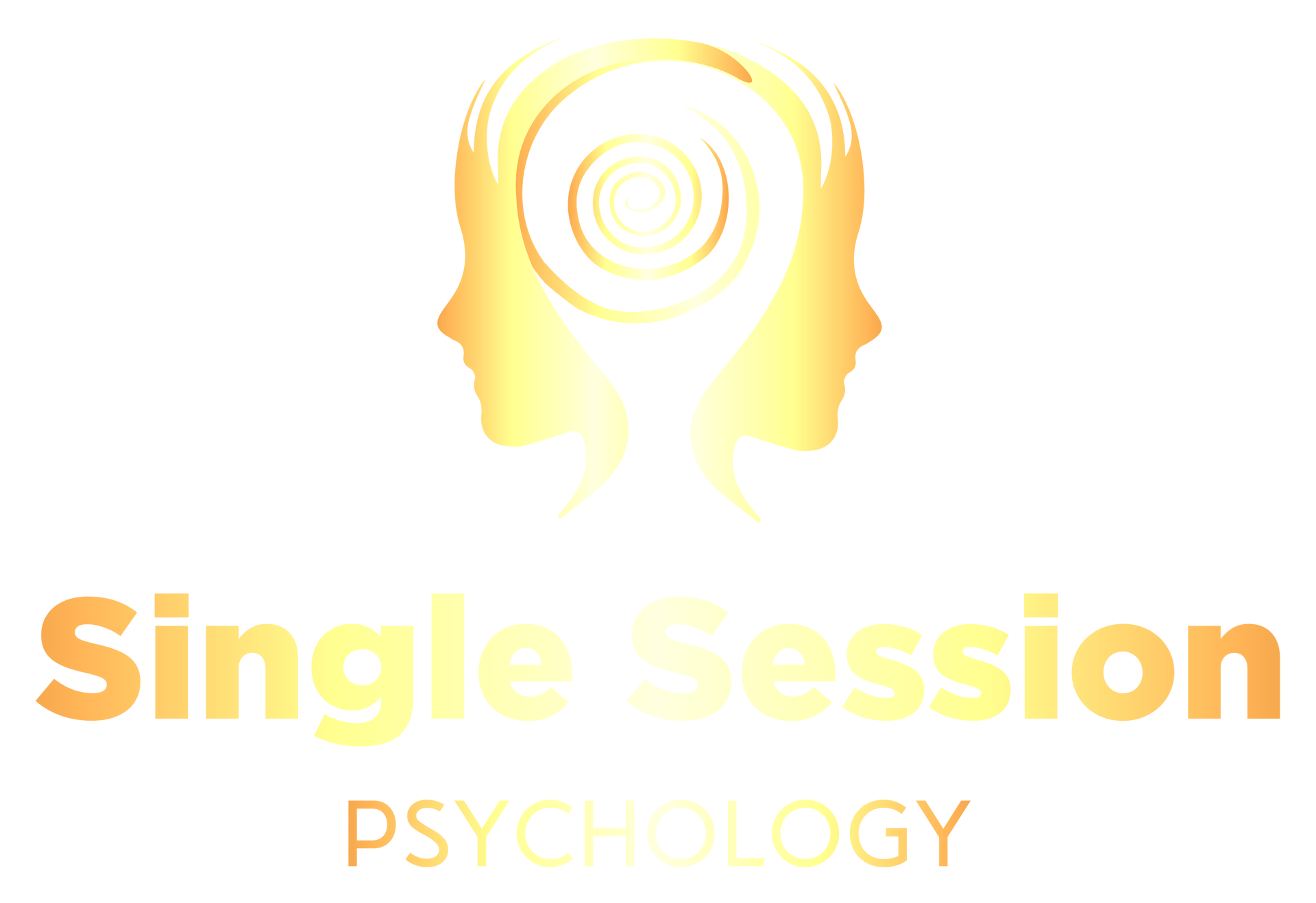Values Clarification
What are values?
Values are “fundamental attitudes guiding our mental processes and behavior” that “produce the belief that life is meaningful and serve as a measure of how meaningful one’s actions are, that is, consistent with that person’s value system” (Vyskocilova et al., 2015). Acting contrary to our values leads to guilt, self- deception, anger, frustration with others, self-loathing, shame, and all sorts of other unhelpful and unpleasant things. When we have integrity, when our actions line up with our Values, we tend to feel peace instead of turmoil, connection instead of discord, and greater joy in our lives.
How do I know if I value something?
When we value something we put our money, time, and resources into it. You might value many traits to a degree, but at some intersections in life you have to choose which ones are worth more to you.
Values vs. Goals
Values are like a direction (“Let’s hike north”) Goals are like a destination (“Let’s hike to that summit”) Both are good. Because values are about who we are in the present moment, they are something that we can always act upon, Goals depend on many outside factors. Values are all about the process and the direction we are moving towards, not some end destination.
If values are so important, how come we don’t live them?
Living a valued life includes discomfort. Doing something good- like making new friends, serving others, creating art, making YouTube videos, it all requires vulnerability, maybe some anxiety, or disappointment. We get to choose what is most important to us. Is it living a pain- free life, or living your values? Most people would say the most important thing to them is to live their values, to have good relationships, to help others, to create beauty in the world, even if that means there is some discomfort. Sometimes we just need to be reminded of what is most important to us, and not just avoid discomfort.
The importance of clarifying our values
Having well-identified and clarified values can help someone “reflect on moral dilemmas” (Vyskocilova et al., 2015). On the other hand, in people who do not have well-clarified values or people who have conflicting values, moral dilemmas can lead to stress and anxiety, and even feelings of helplessness.
Values clarification is, therefore, a valuable tool which can help people refine their value systems in a low-risk environment, as opposed to having to refine one’s value system in a high-risk situation, such as when being faced with a moral dilemma in life.
DO YOU KNOW YOUR VALUES?
Before commencing work with an SSP Psychologist we would like to know the values that have led you to where you are now in your life. The trick here is that you need to know those values to communicate them to us. Of course, we will continue to support you to craft a set of values that pull you towards your preferred future.
Brene Brown her her work "Dare to Lead" suggests that the optimal number of values is two (2), in this way it is easy for us to reference our values at critical decision moments in our lives, because there are simply 2 values to consider. If I think about my values of "Freedom, Flexibility, Autonomy and Authenticity", there is considerable overlap between some of these values. If was I was to reduce these to 2 values they would probably be Freedom and Authenticity. As Freedom encapsulates both flexibility and autonomy.
For the purpose of this exercise we are happy if you come up with up to five (5) values that capture your orientation in life. It is quite a thinking and reflection process to whittle them down to two.
If you know your values then please write them in the simple form here. If you are unable at this stage to articulate your values then please do the work below.
If you need to do a bit more thinking about your values, watch this video. Then have a go at completing the Values Clarification exercise in the form: Welcome to the Clarifying Your Values Form.

